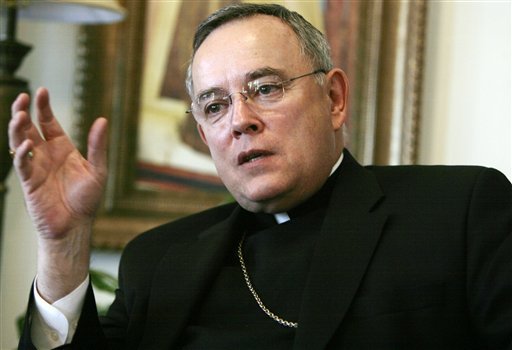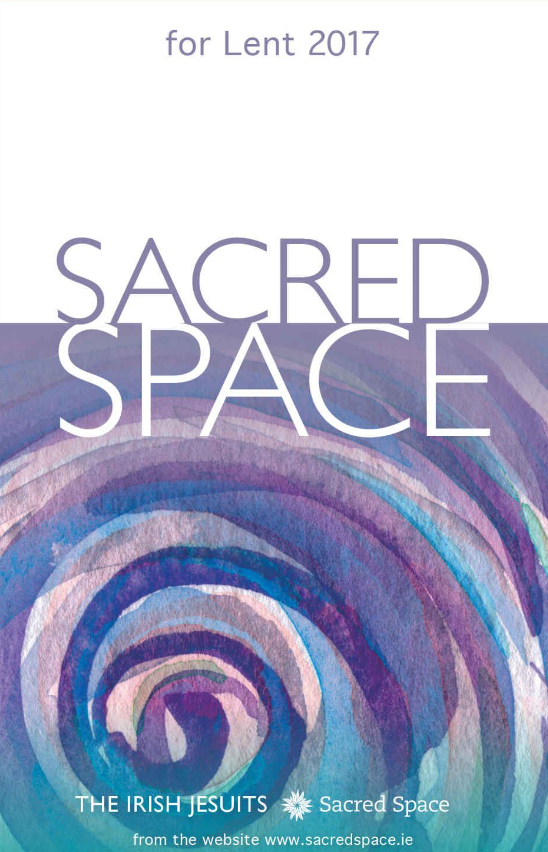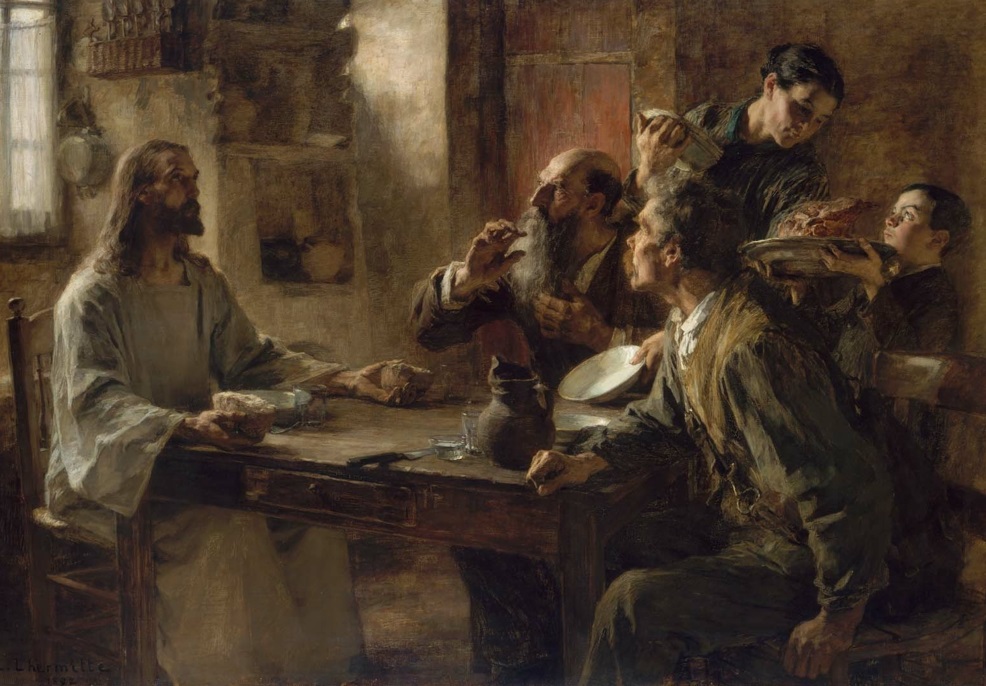Reading Archbishop Charles Chaput’s ‘Strangers in a Strange Land’ I am impressed with the priest’s ability to define our current political strife. Able to penetrate into deeper analyzes, beyond the argumentative need to be right, and the selfish game of individualism, he soothes the part of me that passionately lends an ear to the political climate of our culture. In a chaotic and confronting world of clashing political ideologies one cannot hold one’s self aloof. The noise is too loud and distracting. Alliances are formed whether one likes it or not. The church appeases personal reflections with the elevation of priest such as the Archbishop Charles Chaput. Opposed to the confused elitism infiltrating academia, the Church provides solid leadership with the promotion of men able to enfold the intellectual within the spiritual.
‘After Virtue’ is a challenging work. It’s not for the casual reader. But if we want to understand ourselves as a nation, some of its key ideas are worth noting. As we’ve already seen, America is a child of both biblical and Enlightenment spirits. Its roots are therefore tangled. And they go back a long way.
The medieval Europe that preceded was the product of classical and Christian thought. Aristotle, the ancient Greek philosopher, played a large role in shaping it. For Aristotle everything, including man, has an inherent nature or purpose. A man lives a good life when he acts in accord with that nature. In Aristotle, “the relationship of ‘man’ to ‘living well’ is analogous to that of ‘harpist’ to ‘playing the harp.’” As the harpist disciplines herself through practice to play the harp more beautifully, so also man cultivates the virtues—courage, justice, mercy, humility, and so on—to become more truly human.
Moreover, in the classical tradition, to be a human being involves fulfilling certain roles, each with its own distinct purposes: husband, wife, father, mother, soldier, philosopher, citizen, servant of God. And it “is only when ‘man’ is thought of as an individual, prior to and apart from all roles,” that the idea of ‘man’ ceases to be meaningful, purpose-filled concept (emphasis added). In other words, for Aristotle, what it means to be human is not a matter of self-invention; it depends on our network of human connections and responsibilities.
Aristotle gave Thomas Aquinas the tools for articulating a medieval Christian civilization that combined both reason and biblical faith. For Christians, man does indeed have a purpose. Scripture reveals that purpose and provides the foundation on which human reason builds. We were made to know, love, and serve God in this world. We’re also meant to be happy with him in the next, to show love to others, and to care for the world placed in our keeping. God is the author and sustainer of creation. Thus all things in nature are a gift. They have a God-given meaning prior to any human involvement.
Man is part of creation but endowed with special dignity. Every man is a free moral agent, responsible for his personal choices and actions. But no man exist in isolation. Every man is also an actor in a much larger divine story, and he’s shaped by his social relationship and duties to others. Thus the purpose of knowledge is to understand, revere, and steward the world, and to ennoble the people who share it—and thereby to glorify God.
As ‘After Virtue’ notes, the Enlightenment thinkers of the eighteenth century were diverse. Generalizing about their beliefs can be dangerous. But most wanted to keep a Christian-like morality, purified, of “superstitions” and based on reason. They also wanted to discard any approach to nature based on Aristotle or Aquinas. For the Enlightenment, nature is simply raw material. It has no higher purpose. Man alone gives it meaning by using it for human improvement. Thus the goal of knowledge is to get practical results. And man is not a bit player in some divine Larger Story. He’s a sovereign individual who creates his own story.
As MacIntyre shows, the Enlightenment tried to keep the moral content of Christianity while eliminating its religious base. But it doesn’t work. The biblical grounding can’t be cut away without undermining the whole moral system. Every attempt to build a substitute system has suffered from incoherence, no matter how reasonable sounding. And bad ideas have consequences. The resulting moral confusion has trickled in every corner of our daily life.
Simply put, once a higher purpose and standard of human behavior are lost, moral judgements are nothing but personal opinions. In a nation of sovereign individuals, nobody’s opinion is inherently better than anyone else’s. All moral disagreements become rationally irresolvable because no commonly held first principle exist.
This post-Christian confusion—MacIntyre calls it “emotivism”—now shapes American public life. In such an environment, the purpose of moral discourse, he writes, “[becomes] the attempt of one will to align the attitudes, feelings, preferences and choices of another with its own.” Other people become instruments to be dominated and used. They’re means to achieve our ends, not ends in themselves. As a result, most of our moral debates about policy never get near the truth of an issue. They’re exercises in manipulation…..
… this incoherence explains the three chronic patterns in our public life: the appeal to rights, the eagerness to protest, and the appetite for unmasking. Aggrieved parties demand their right, which are allegedly self-evident (despite the absence of any agreed-upon grounding for the rights). They protest the attack on those rights by oppressive structures and rival parties. And they seek to unmask the wicked designs of their opponents. All of which feeds a spirit of indignation and victimhood across the culture.
In a world of bickering individuals, the job of government becomes managing conflict. And since, in a seemingly “value-neutral” state, no higher moral authority can be appealed to, government becomes the ultimate reference of personal appetites and liberties and justifies itself by its effectiveness. Effectiveness demands a managerial class of experts, as MacIntyre notes: “Government insists more and more that its civil servants themselves have the kind of education that will qualify them as experts. It more and more recruits those who claim to be experts in civil service…Government becomes a hierarchy of bureaucratic managers, and the major justification advanced for the intervention of government in society is the contention that government has resources of competence which most citizens do not possess.”
Never mind that many of the government’s expert managers are in a practice incompetent. Bureaucracy by its labyrinthine size interferes with its own accountability. The politics of modern societies swings between extremes of personal license and “forms of collectivist control designed only to limit the anarchy of self-interest…Thus the society in which [Americans, among others] live is one in which bureaucracy and individualism are partners as well as antagonists.” They’re locked in a permanent embrace. “And it is in the cultural climate of this bureaucratic individualism that the emotivist self is naturally at home.”
Running a society of warring, emotivist selves, of course, requires two things from political leaders: the claim of value neutrality and the reality of manipulative skill.






Recent Comments